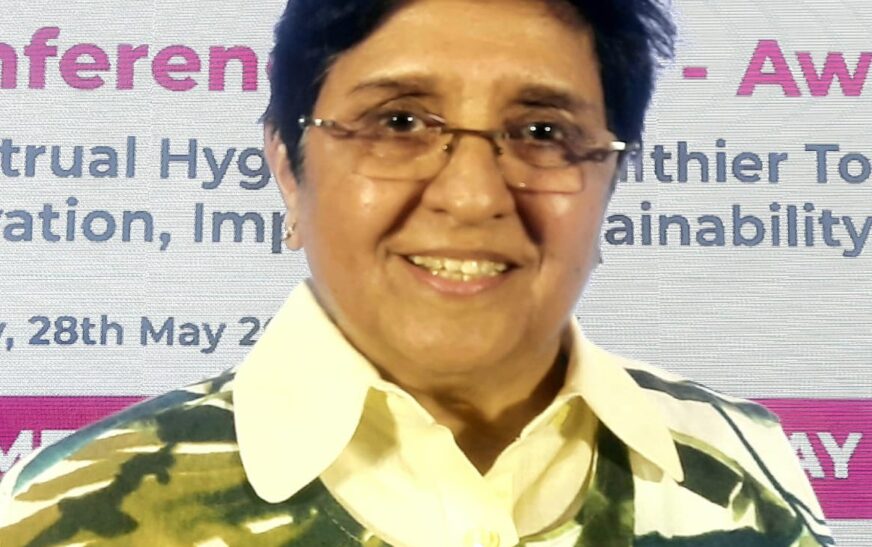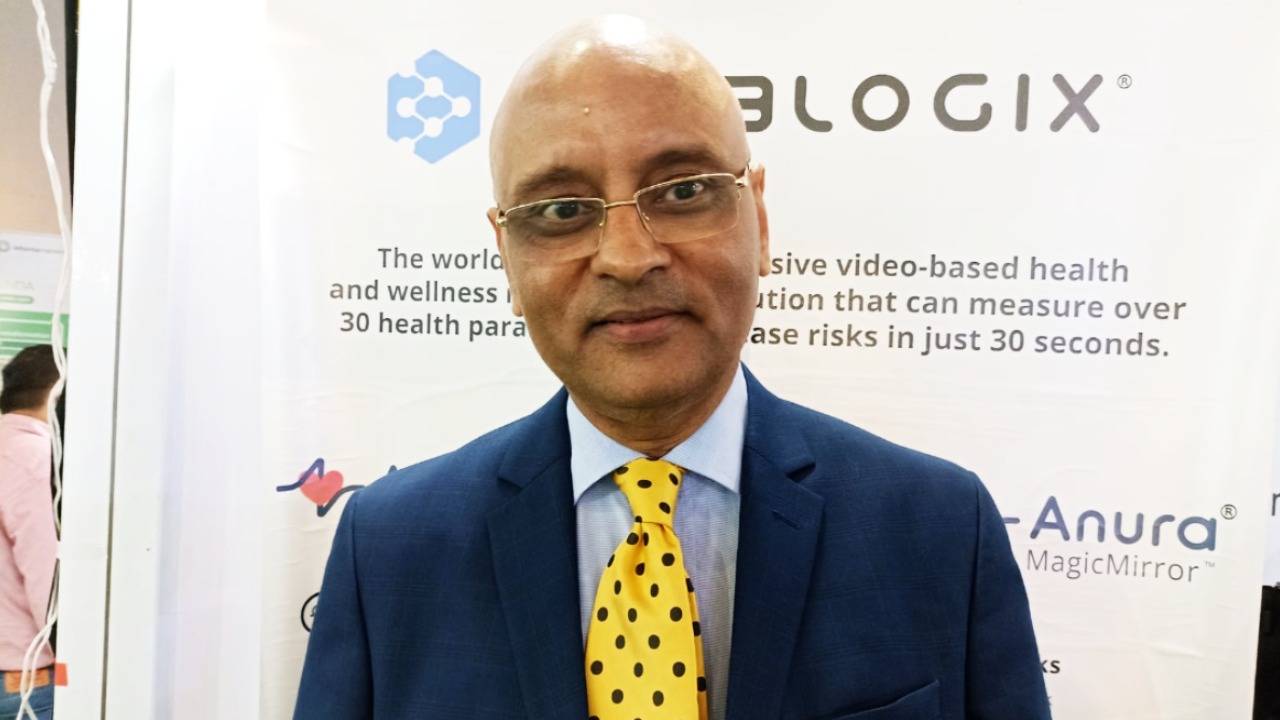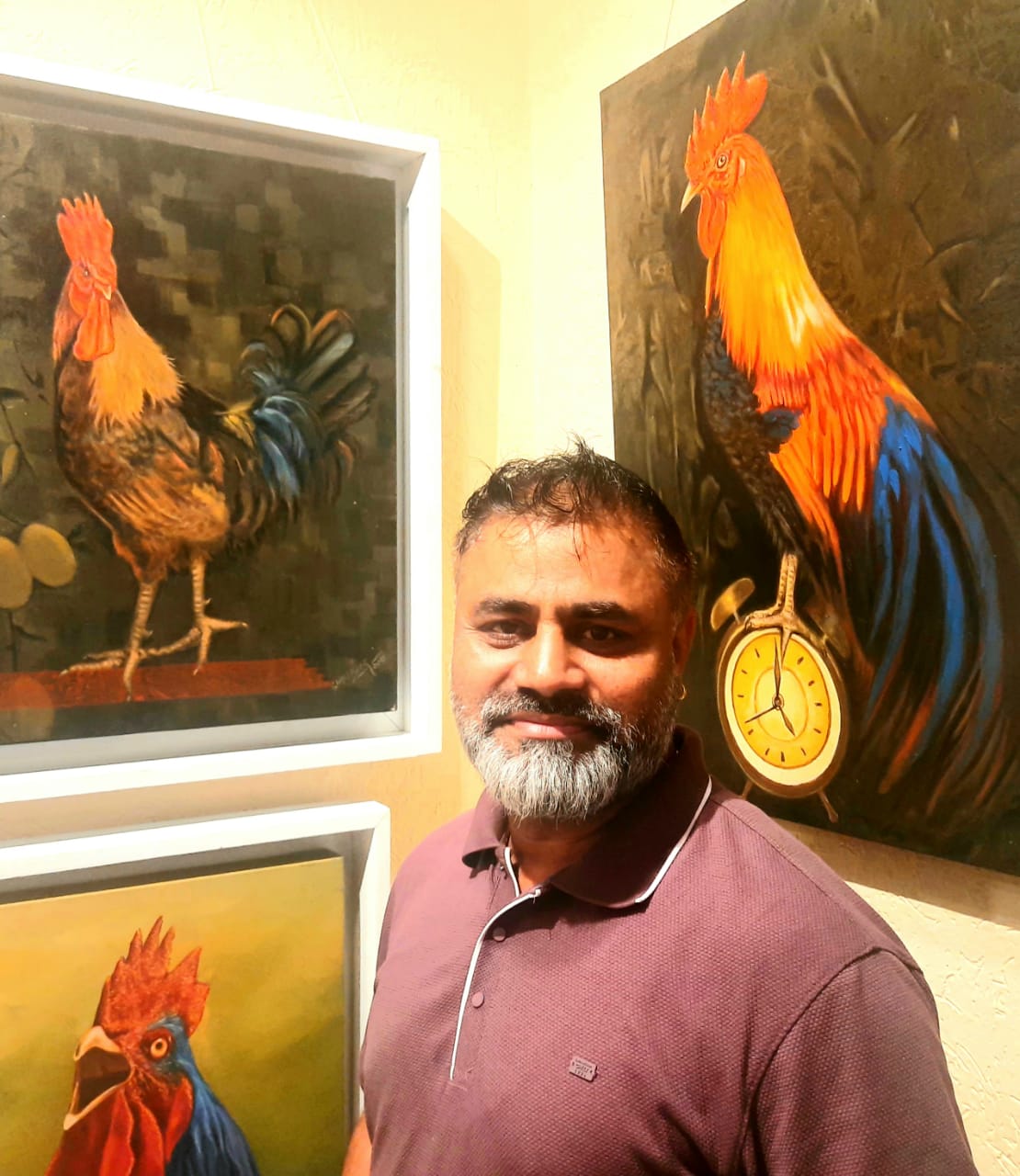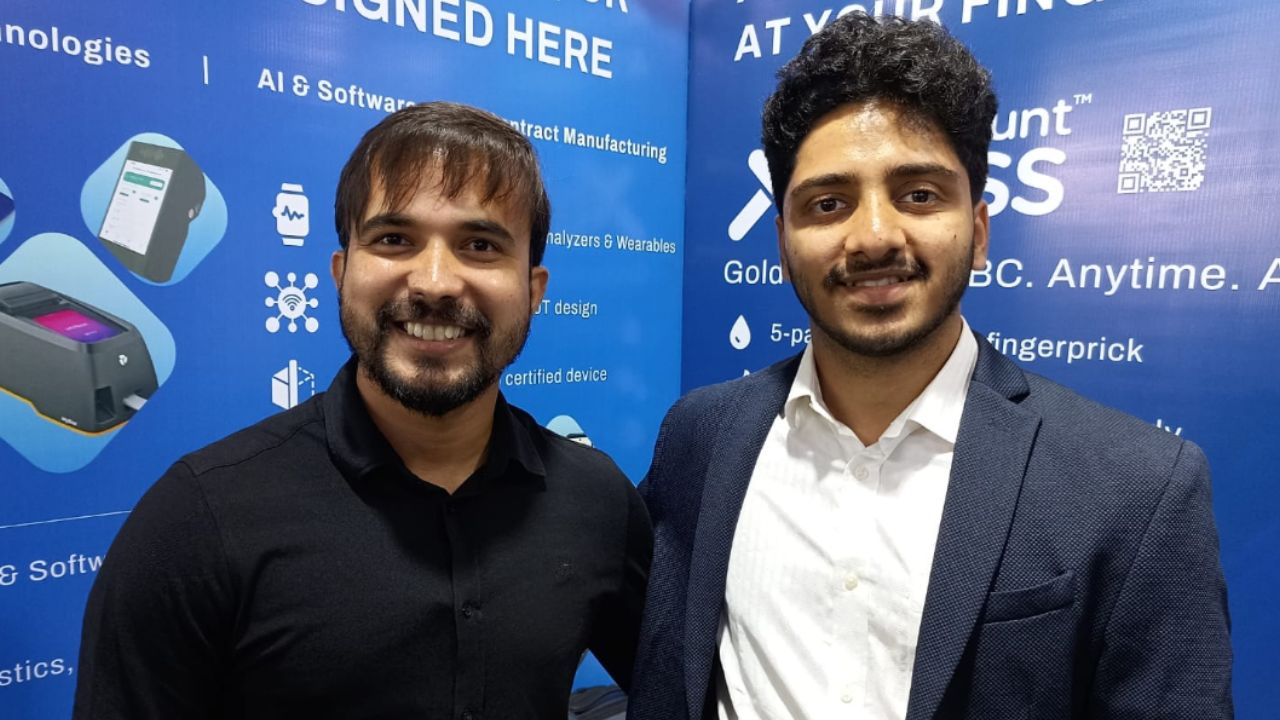Kiran Bedi, the former Lieutenant Governor of Puducherry and Founder of the India Vision Foundation, is a trailblazing Indian police officer, social activist, and politician known for her unwavering commitment to public service and reform. In 1972, she made history by becoming the first woman to join the Indian Police Service (IPS). She shattered gender barriers in a male-dominated field.
Throughout her illustrious career, Bedi served in various capacities, demonstrating her innovative approach to law enforcement and administration. Her tenure as Inspector General of Prisons at Tihar Jail is particularly notable. She transformed the notorious facility through humane and progressive reforms. Bedi emphasized education, vocational training, and mental health support for inmates. Subsequently, she earned her the prestigious Ramon Magsaysay Award in 1994.
Bedi’s dedication to public service extends beyond policing. She founded the India Vision Foundation, focusing on police and prison reforms, women’s empowerment, and education for underprivileged children. Her work profoundly impacts marginalized communities, advocating for justice and equality.
In 2015, Bedi entered politics, joining the Bharatiya Janata Party (BJP) and subsequently serving as the Lieutenant Governor of Puducherry. During her tenure, she made efforts to enhance governance and public welfare. In this context, she also clashed with the elected government over administrative matters.
Kiran Bedi’s career exemplifies resilience, integrity, and visionary leadership. Her contributions to law enforcement, social justice, and public administration continue to inspire countless individuals, reinforcing the values of courage and service in the pursuit of a better society.
In an exclusive exchange with The Interview World, Kiran Bedi underscores her foundation’s initiatives to support women inmates in jails, highlights improvements in prison reform implementation, outlines strategies to address cybersecurity challenges, and advocates for modern policing. Here are key insights from her interview.
Q: What specific programs and initiatives does the India Vision Foundation implement to support women inmates in jails?
A: India Vision Foundation has actively engaged in prison reform since 1994, the year I received the Raymond Magsaysay Award for my efforts in this field. To further these reforms, I established the India Vision Foundation. This Foundation sustains and expands our work in improving prison conditions for women, children, and men.
Our foundation offers a wide range of programs, including education, early childhood development, skills development, reintegration and rehabilitation, training for prison officials, and outreach initiatives. For nearly 30 years, we have been diligently implementing these programs in various prisons, particularly in states like Haryana and Uttar Pradesh. Additionally, we provide national training programs online, making them accessible to prison officials from southern states who cannot attend in person. Our training covers prison laws, regulations, and inspirational content, aiming to transform prison officers into more humane individuals who can, in turn, help rehabilitate inmates into productive members of society.
Over the past three years, since the inception of our online programs, we have consistently offered training in skills development, education, and motivational lessons to prison officers, ensuring a continuous effort towards comprehensive prison reform.
Q: What qualitative improvements have resulted from the implementation of prison reforms?
A: I have observed significant attitudinal changes, particularly in the evolving environment and society’s transformation due to prison reforms. State governments are now actively cooperating and engaging with NGOs, welcoming their involvement in the push for further reforms. This collaboration marks a major shift in governmental attitudes, showcasing a more inclusive and progressive approach to addressing issues within the prison system. The willingness of state authorities to embrace the contributions of NGOs highlights a collective effort towards meaningful and sustainable reform. These changes reflect a broader societal recognition of the need for compassion, rehabilitation, and support for incarcerated individuals.
Q: What are the main challenges facing the implementation and success of prison reforms?
A: Within the landscape of prison reforms, I perceive not mere challenges, but an abundance of opportunities awaiting realization. These reforms serve as a cornerstone in the edifice of crime prevention, disrupting the vicious cycle that sees individuals recurrently incarcerated. They represent a crucial step towards fostering a safer society, shielding it from the reverberating effects of recidivism.
By embracing these reforms, we proactively shield prospective victims from harm. Unreformed prisoners, upon release, pose a continued threat to public safety, potentially seeking out new targets for their illicit activities. Therefore, the overarching objective of the India Vision Foundation remains focused on safeguarding the next potential victim within our societal fabric.
The commendation for such progress is rightly directed towards the forward-thinking approach of the prison administration. Their unwavering commitment is evident through the adoption of multifaceted programs spanning various demographics, including children, women, and adults. These initiatives, coupled with a steadfast dedication to skill development and administrative efficacy, epitomize a holistic approach towards rehabilitation and societal advancement.
Q: Given the increasing complexity and frequency of cyber threats, what are the most effective strategies and best practices that organizations can implement to enhance their cybersecurity posture and mitigate risks?
A: We urgently need comprehensive cybersecurity courses. Cybercrime is a grave threat that demands immediate attention. Despite its severity, many are still unaware of its extent. We’re increasingly falling prey to cyberattacks. Just three days ago, my email was hacked. Consequently, I lost access to my entire email domain. All crucial documents stored within that domain vanished. The hacker responsible operates out of Germany.
In light of the escalating complexity and frequency of cyber threats, organizations must adopt robust strategies and best practices to fortify their cybersecurity defenses and minimize risks effectively.
First and foremost, investing in continuous and comprehensive cybersecurity training programs for all personnel is imperative. This ensures that employees are well-equipped to recognize and respond to potential threats promptly.
Moreover, implementing a multi-layered defense approach is critical. This involves deploying a combination of firewalls, intrusion detection systems, and endpoint protection solutions to safeguard against various types of cyber-attacks.
Furthermore, conducting regular risk assessments and vulnerability scans enables organizations to identify potential weaknesses in their infrastructure proactively. This allows for timely remediation actions to be taken to address vulnerabilities before they can be exploited by malicious actors.
Q: What innovative approaches and strategies would you recommend to improve the effectiveness, fairness, and community trust in modern policing?
A: The evolution of policing now demands a robust approach to combating cybercrime. It’s a realm where criminal entities operate with remarkable agility, necessitating swift responses. However, the current hurdles lie in the complexity of laws, regulations, and the global nature of cybercrime. This international dimension amplifies the challenge, as effective cooperation between nations, information exchange, and response times become paramount. Consequently, training, resource allocation, and the establishment of global legal frameworks pose significant obstacles. The United Nations emerges as a pivotal player, tasked with spearheading the development of comprehensive regulations to manage cybercrime effectively. In essence, cybercrime presents an even more formidable challenge in today’s interconnected world.









